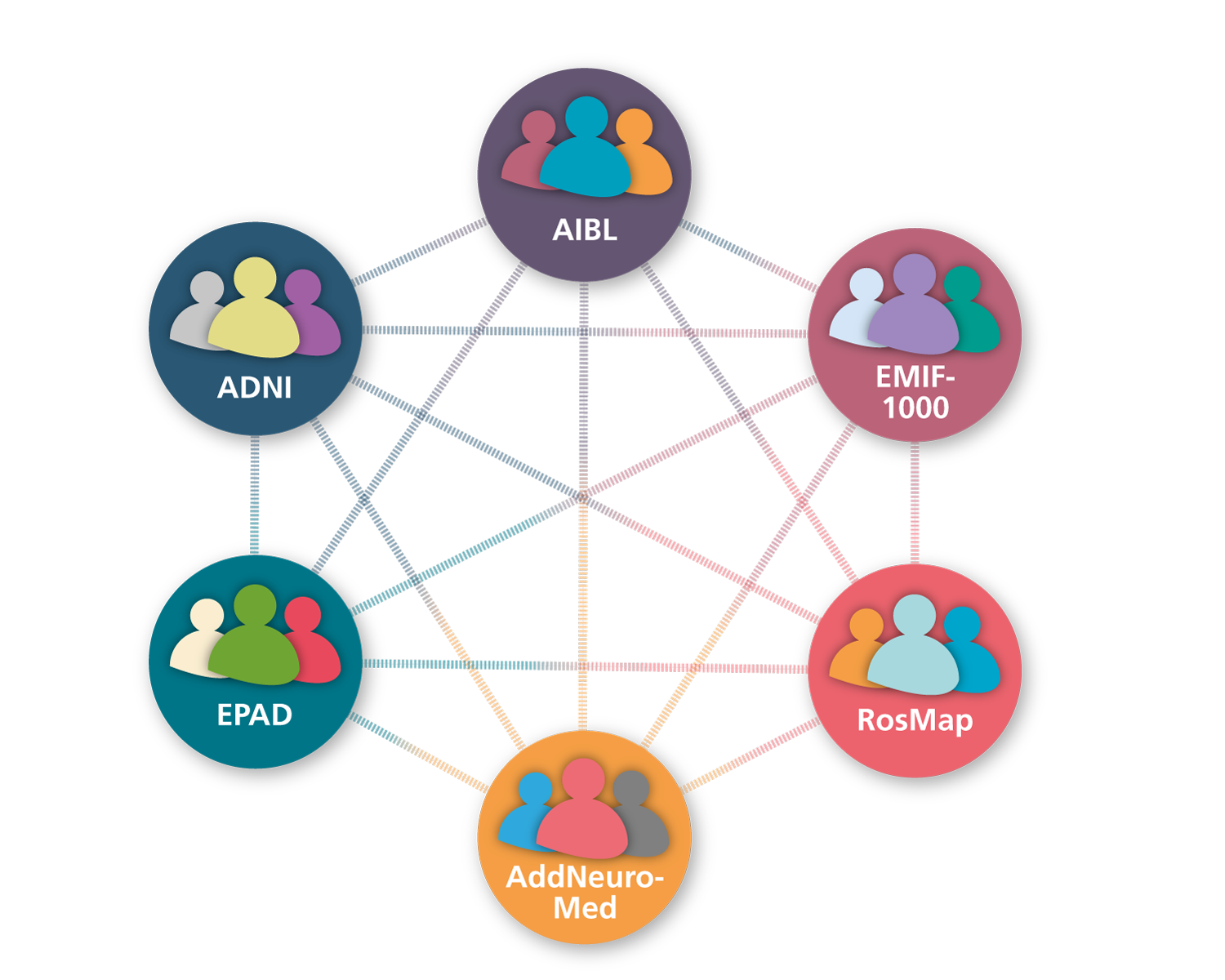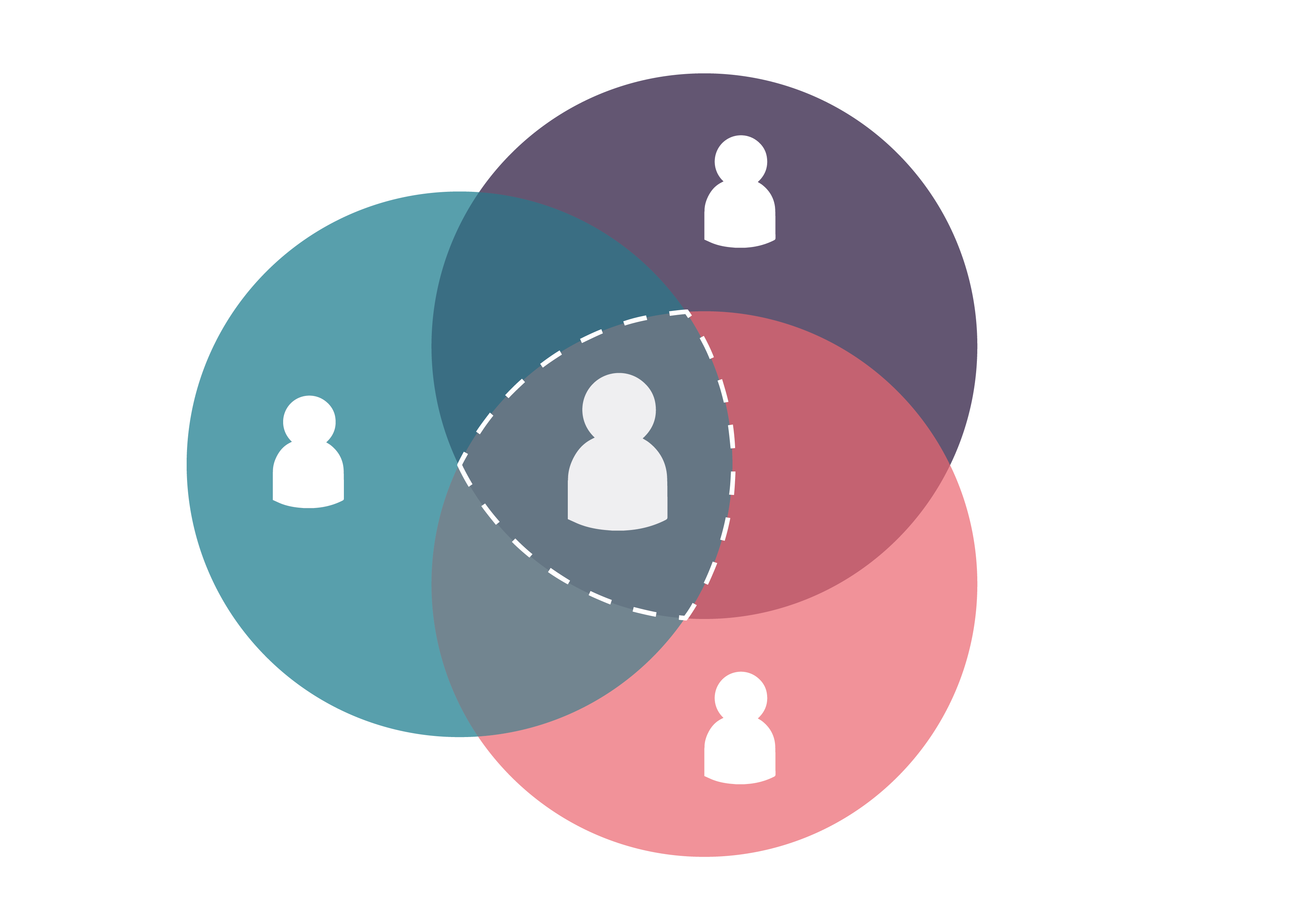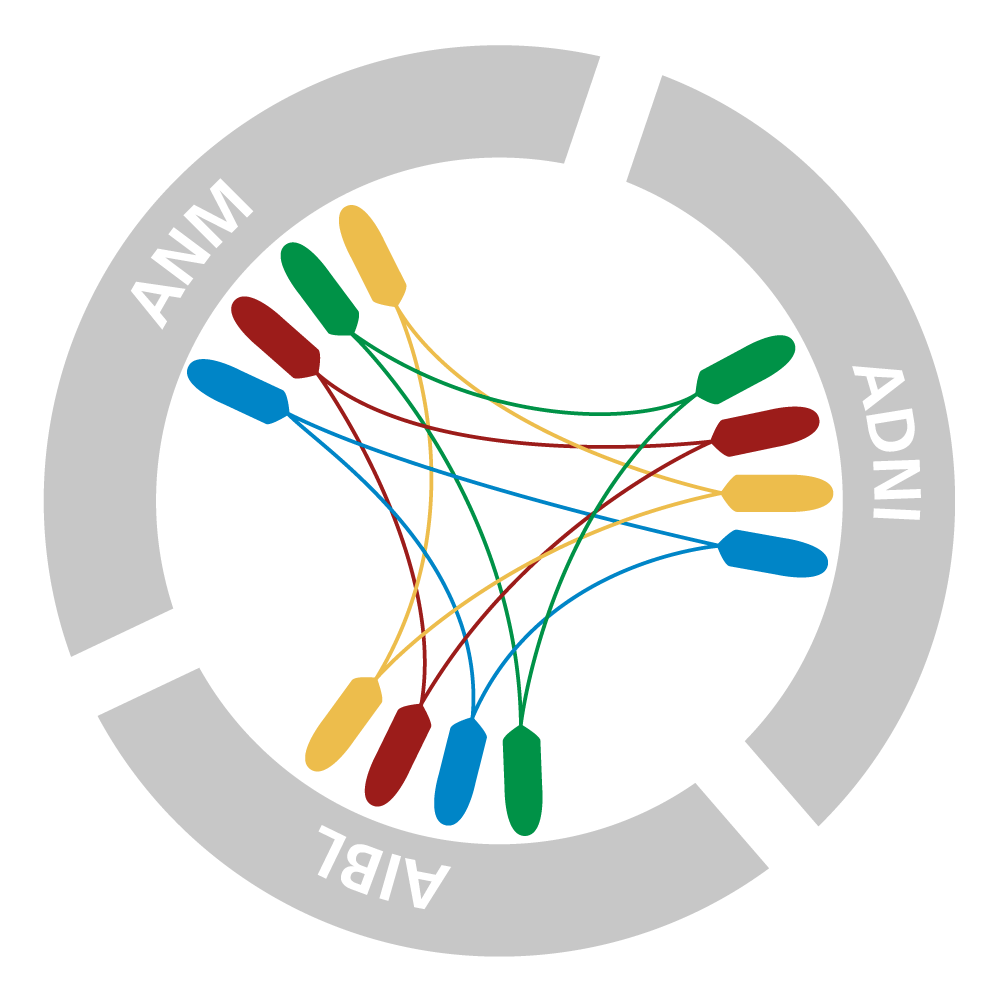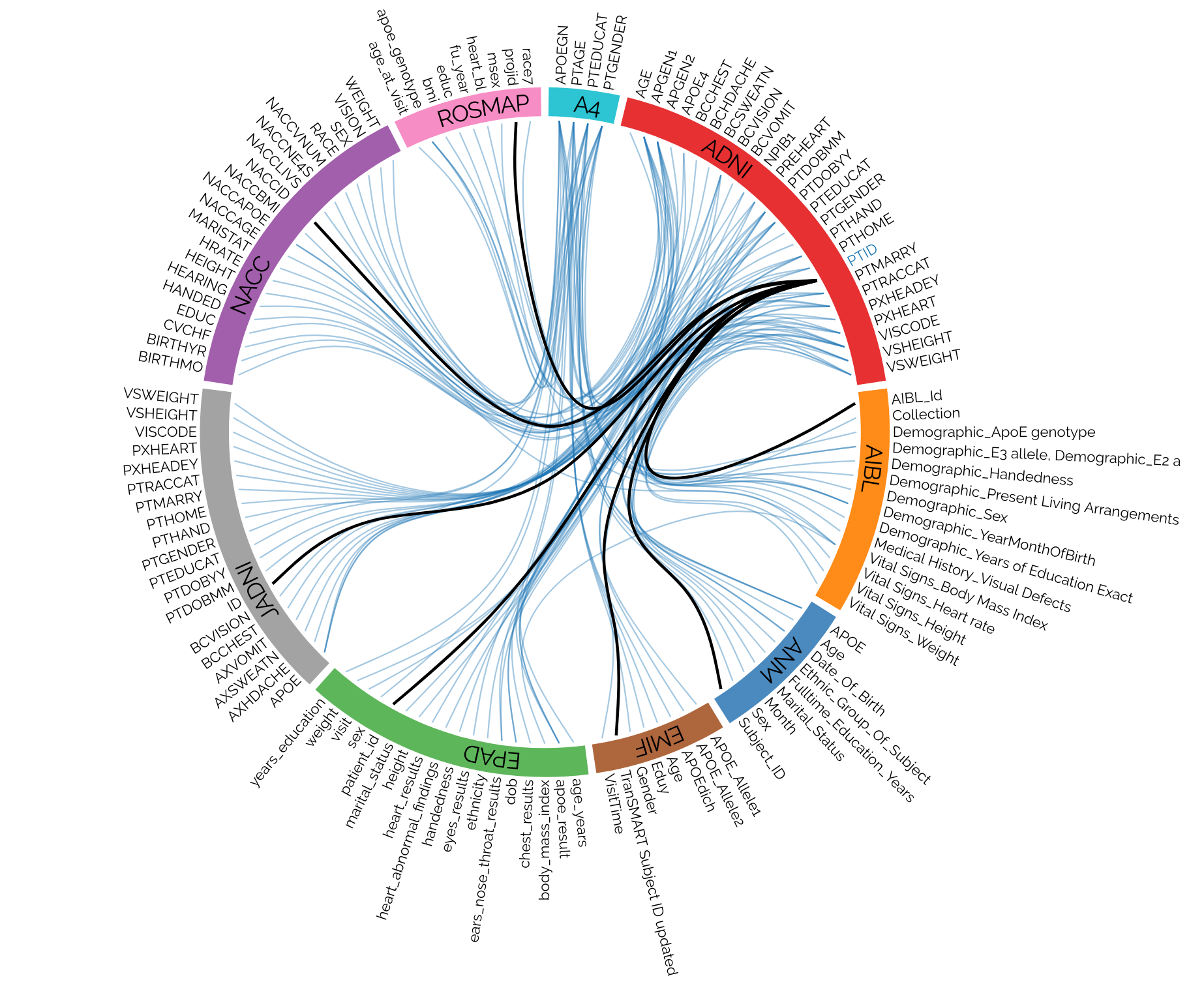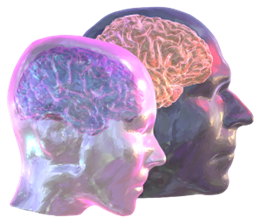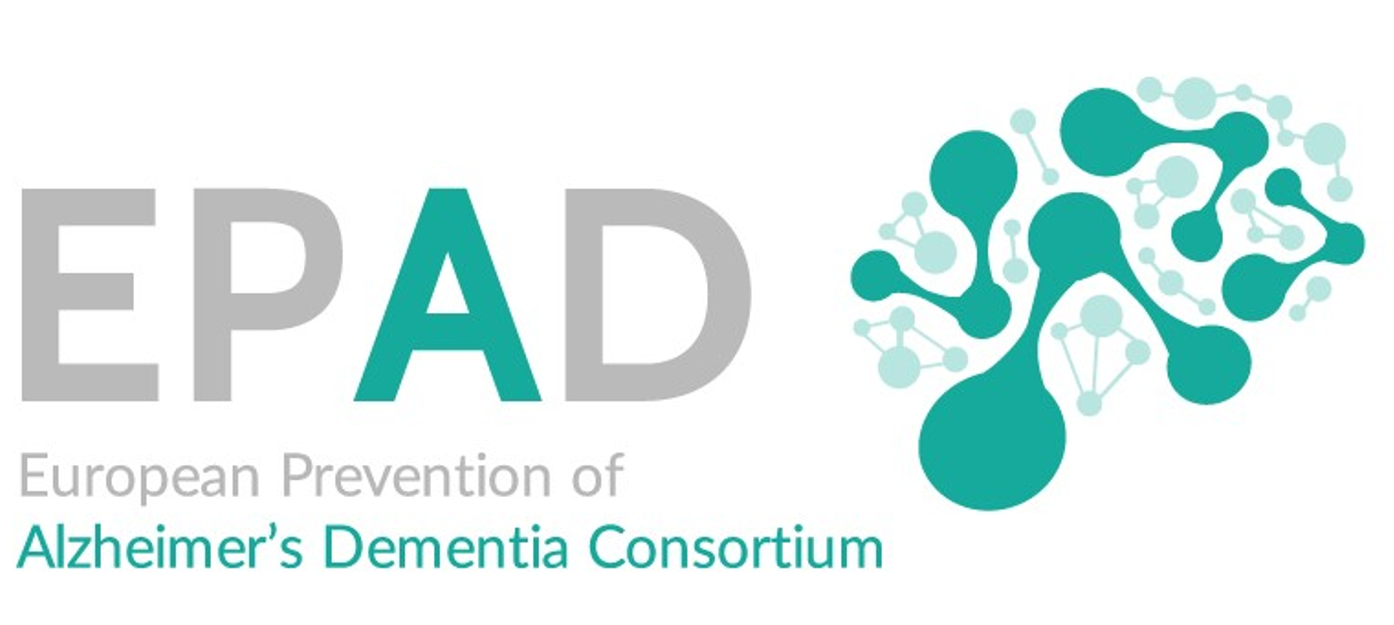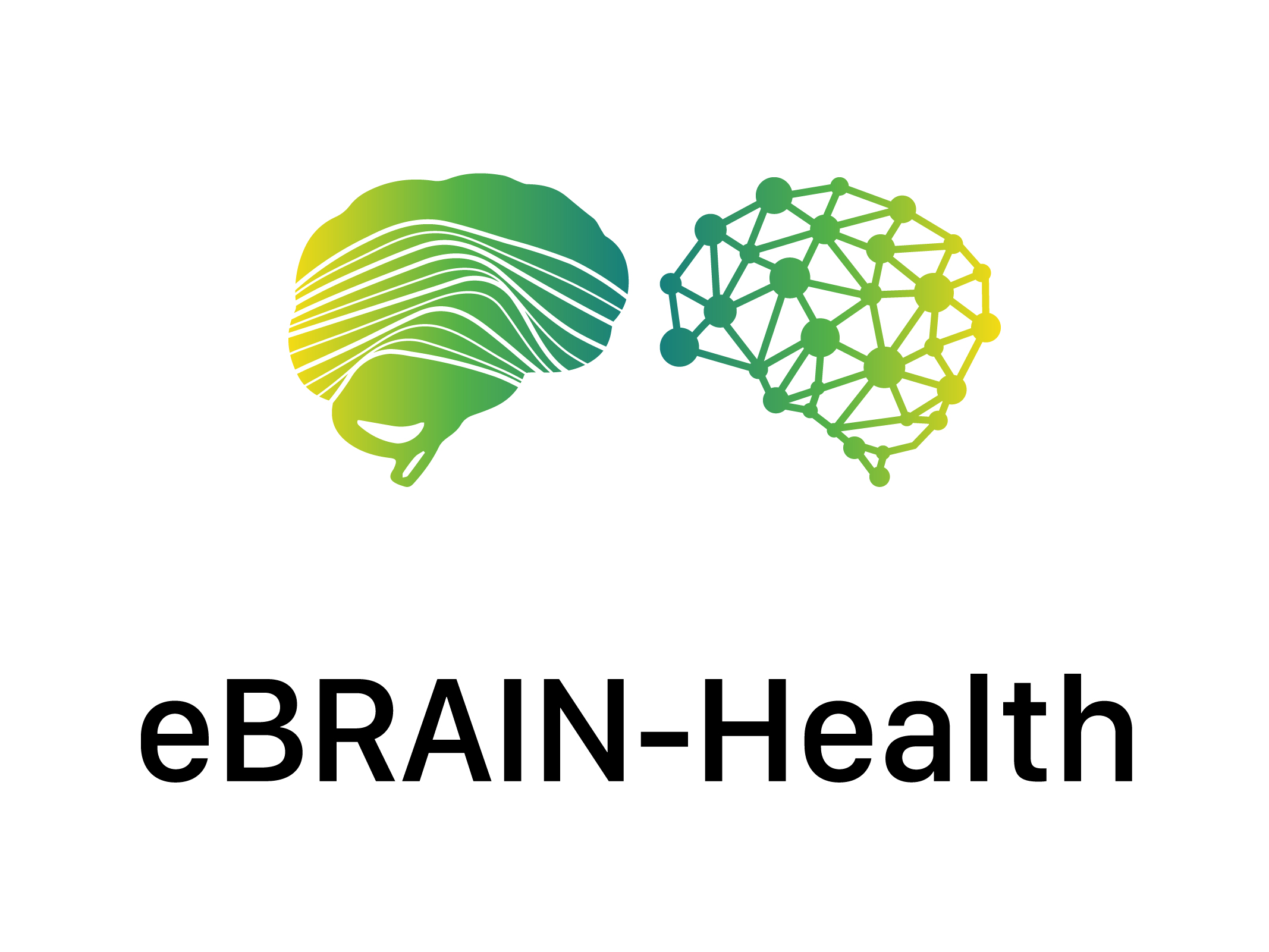Prof. Dr. Martin Hofmann-Apitius
Martin is leading the Department of Bioinformatics at the Fraunhofer Institute for Algorithms and Scientific Computing (SCAI) in Sankt Augustin (Germany), a governmental not-for-profit, applied research institute. He is also Professor for Applied Life Science Informatics at Bonn-Aachen International Center for Information Technology (B-IT). He is (co-) author of more than 150 scientific publications.

